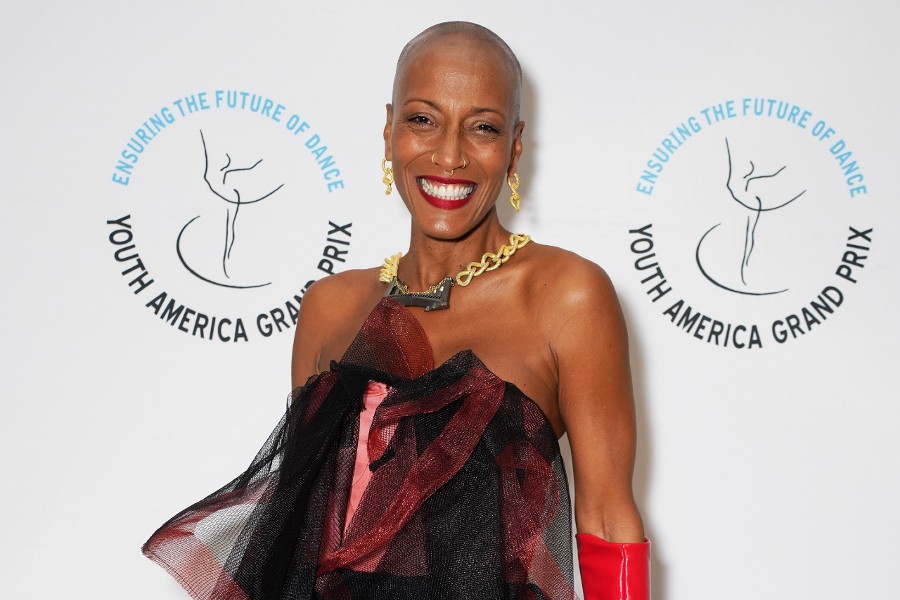 When you hear the word company, what comes to mind? You might think about business, or perhaps the military (a company of soldiers), the arts (a touring company) or the evening ahead (are you expecting company?). The word company evolved from the Old French compaignon, literally “one who breaks bread with another”, and before that from the Latin panis, for “bread”. A company, in the broadest sense of the word, is a group of people who join together to do something no one can do alone.
When you hear the word company, what comes to mind? You might think about business, or perhaps the military (a company of soldiers), the arts (a touring company) or the evening ahead (are you expecting company?). The word company evolved from the Old French compaignon, literally “one who breaks bread with another”, and before that from the Latin panis, for “bread”. A company, in the broadest sense of the word, is a group of people who join together to do something no one can do alone.
Which is a fitting introduction to the fast-casual restaurant chain Panera Bread – yes, the name comes from that same word panis, Latin for bread – and its founder and CEO, Ron Shaich. An idealist, Shaich pondered a career in politics before opening a tiny cookie shop in Boston in 1980.
Since then, Shaich has consciously tried to build a company that is about more than the bottom line. Today, the 60-year-old CEO guides a chain of 1,800 restaurants that serves more than eight million customers a week and employs more than 80,000 people. Last year, Panera generated $2.3bn in revenues and nearly $200m in profits.
But, as Shaich told me by phone the other day, Panera’s purpose is not to generate revenues or profits. Its purpose is to serve: to serve good food, and to serve its customers, workers and communities. If it does those things well, he says, business results will follow.
“If we don’t touch people, and we don’t make a difference in their lives in a real way, we don’t have a reason to exist,” Shaich says. Companies need to sustain those around them. “If all we’re about is extracting profits from the community, there’s not going to be a community left from which to extract profits.”
Or, as Shaich put it in a Fortune magazine interview: “The worst thing that ever happened in corporate America is this obsession with shareholder value. It’s a narrow definition of success and is actually dysfunctional. Profit and stock price are not things I can make. They’re a byproduct of delivering for all of my constituencies.”
Shaich got on the phone with me to talk about the company’s new comprehensive food policy (pdf), which includes commitments to “clean ingredients”, “a transparent menu”, and to making a “positive impact” on the US food system. The company has just promised to remove artificial flavors, colors, sweeteners and preservatives from its products by 2016.
This will take some doing. Here’s the ingredient list for an orange scone at Panera:
Scone (enriched wheat flour [flour, malted barley flour, niacin, ferrous sulfate, thiamine mononitrate, riboflavin, folic acid], cream [pasteurized cream, milk], sugar, orange peel, leavening [sodium acid pyrophosphate, baking soda], salt, corn starch, water, corn syrup, ground oranges, natural flavor, orange juice concentrate, guar gum, pectin, citric acid, dextrose, mixed tocopherlos, alpha tocopherols as preservative, ascorbic acid [as dough conditioner]), orange icing (sugar, orange peel, water, corn starch, corn syrup, ground oranges, orange juice concentrate, soybean oil, guar gum, natural flavor, pectin, citric acid, dextrose, ascorbic acid, corn oil, beta carotene as color, alpha tocopherols as preservative), half and half (milk, cream, disodium phosphate).
What’s more, it’s not clear how “artificial” will be defined. Panera will continue to sell fountain sodas sweetened with high-fructose corn syrup, as do fast-casual competitors like Chipotle and Five Guys. That said, the policy reflects the company’s longstanding efforts to source and sell food more responsibly.
A decade ago, for example, Panera said it would no longer sell chicken raised with antibiotics, even though it had to pay more for its poultry. In 2010, Panera became one of the first national restaurant companies to voluntarily disclose caloric content on its menus.
“This is the articulation of what we’ve been working on for decades,” Shaich says.
More broadly, Shaich and Panera have been willing to tackle such social issues as income inequality and hunger. Breaking with his peers at the National Restaurant Association, Shaich supports an increase in the minimum wage. Last fall, as Congress debated food-stamp funding, Shaich and some of his Panera colleagues for a week spent only $4.50 a day on food, the amount provided by SNAP (the Supplemental Nutrition Assistance Program) to the working poor.
It was admittedly a symbolic gesture – Shaich was paid about $2.7m last year – designed to dramatize the issue, but as he wrote on LinkedIn: “The simple and stark truth that cannot be contested is that tens of millions of Americans are hungry … how can we we stand back and refuse to help those genuinely in need?”
Meantime, the Panera Bread Foundation has opened outlets known as “community cafes” in five urban areas – Boston, Chicago, Portland, Dearborn, Michigan and Clayton, Missouri – in order to serve everyone who walks in the door, including the poor. Instead of fixed prices, the cafes recommends that diners make donations to pay for their food. “Take what you need and leave your fair share,” the stores advise. The company estimates that 60% of people leave the suggested donation, 15-20% leave more and 15-20% leave less or nothing.
In a stirring 2010 TEDx Talk, Shaich explains how and why the company set up the cafes. “Could we set an example, for ourselves and for others, to show that corporations could do more than just give a check?” he says. “They could actually step up and take responsibilities.” The five cafes will serve about one million people this year. They don’t support themselves, but they come close. “They are subsidized, modestly,” he says.
 As for the rest of Panera’s business, it’s doing fine. Growth has slowed, but revenues have more than doubled in the past five years. Since 2009, the stock has more than doubled, too. Wall Street values Panera at about $4bn – that’s a lot of bread.
As for the rest of Panera’s business, it’s doing fine. Growth has slowed, but revenues have more than doubled in the past five years. Since 2009, the stock has more than doubled, too. Wall Street values Panera at about $4bn – that’s a lot of bread.
Have Panera’s values driven its success, or has its success enabled Panera to give back? Both, says Shaich: “It’s a virtuous circle. People get that we’re fundamentally good. They choose to walk past competitors to get here” (source).
Become a Harlem Insider!
By submitting this form, you are consenting to receive marketing emails from: Harlem World Magazine, 2521 1/2 west 42nd street, Los Angeles, CA, 90008, https://www.harlemworldmagazine.com. You can revoke your consent to receive emails at any time by using the SafeUnsubscribe® link, found at the bottom of every email. Emails are serviced by Constant Contact



















